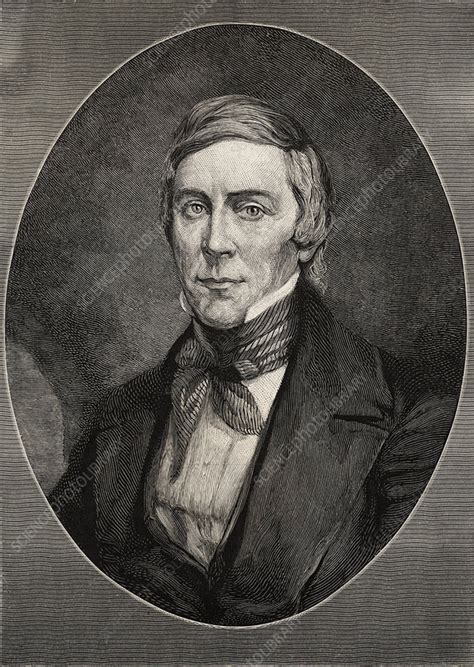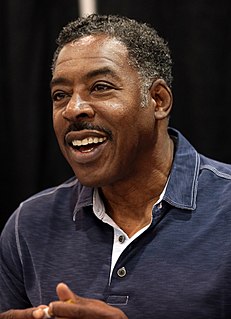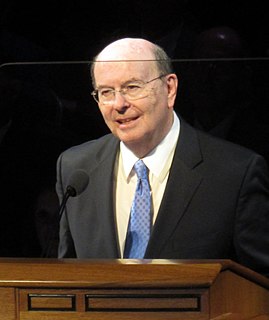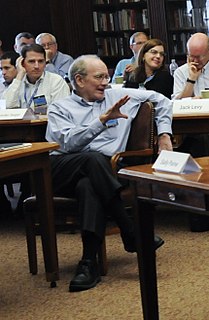A Quote by James E. Rogers
I come from a profession which has suffered greatly because of the lack of civility. Lawyers treat each other poorly and it has come home to haunt them. The public will not tolerate a lack of civility.
Related Quotes
I think the things that are more painful to me are not the intrusion of paparazzi, it's the lack of civility that I find more intimidating and far more painful an experience. It's the lack of critical thinking. It's the endless snarky, mean way we talk about each other, we approach each other. The anonymity of being cruel, the delight in tearing people down. The tabloid era that we find ourselves in is a cultural boneyard, and that is painful to me.
When we come together and appreciate each other, that's always a positive thing; a step in the right direction. That is what the NAACP Image Awards do. If we can just come together and love each other, that's important. I do feel like there's a lack of love but oddly enough, we blame the lack of love on other people not loving and appreciating our accomplishments. But the real reality is we haven't loved and appreciated our own accomplishments.
Our civility, England determines the style of, inasmuch as England is the strongest of the family of existing nations, and as we are the expansion of that people. It is that of a trading nation; it is a shopkeeping civility. The English lord is a retired shopkeeper, and has the prejudices and timidities of that profession.
The need for civility in society has never been more important. The foundation of kindness and civility begins in our homes. It is not surprising that our public discourse has declined in equal measure with the breakdown of the family. The family is the foundation for love and for maintaining spirituality. The family promotes an atmosphere where religious observance can flourish. There is indeed beauty all around when there's love at home.
John Stuart Mill, in his wonderful 1859 book On Liberty, talks about civility. And this is why you should always be concerned about calls for civility. He points out that civility ends up getting defined by the people who are in charge. And you'll notice that when people argue for civility, they tend to actually believe that whatever they say is civil. And if they're angry about it, it's righteous rage. But if you say it and it's kind of sharp or mean, then it's incivil. ... And sometimes, disagreement-to be productive-can't be all that civil.
George Kennan and Paul Nitze were the Adams and Jefferson of the Cold War. They were there for the beginning, they witnessed its course over almost half a century, and they argued with each other constantly while it was going on. But they maintained throughout a remarkable friendship, demonstrating-as few others in our time have-that it is possible to differ with civility. Nicholas Thompson's is a fine account of that relationship, carefully researched, beautifully written, and evocatively suggestive of how much we have lost because such civility has become so rare.




































